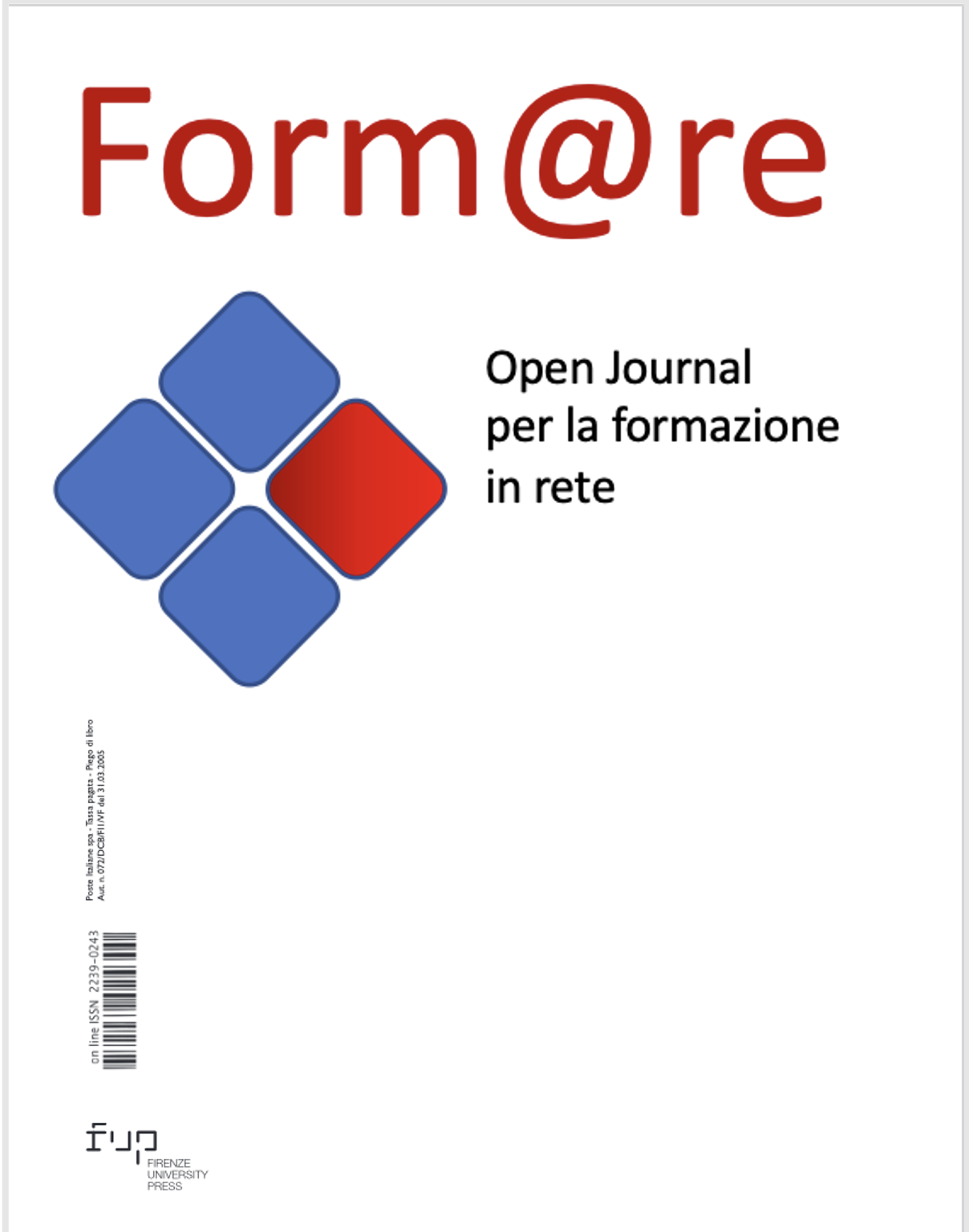Submission deadline: 28th February 2020.
Issue publication date: April 2020.
Guest Editor: Cristina Coggi (University of Turin).
The Issue aims to collect theoretical, empirical, comparative research papers that are internationally oriented and adequately documented on the following topics:
1. Inputs for change in learning assessment at University level: exams evaluation related problems; evaluation of learning outcomes; evaluation, predictivity as well as induction and retention strategies of students (entrance test, assessment of learning styles); skills assessment; outgoing evaluation of training courses; students’ opinion about evaluation;
2. To renewe and diversify assessment tools: e-portfolio; evaluation technologies; evaluation in e-learning environments:
3. To evaluate learning areas in transversal fields alongside higher cognitive processes: assessment of critical thinking and creativity; complex problem solving; evaluation in a transdisciplinary perspective (transversal skills);
4. Influence of assessment on learning: formative assessment, learning assessment, feedback practices even with wide number of learners; assessment strategies to identify students at risk;
5. Faculty development and evaluation practices: strategies and effectiveness; disciplinary evaluation; evaluation and teaching improvement.
Please click here for more details: Italian

